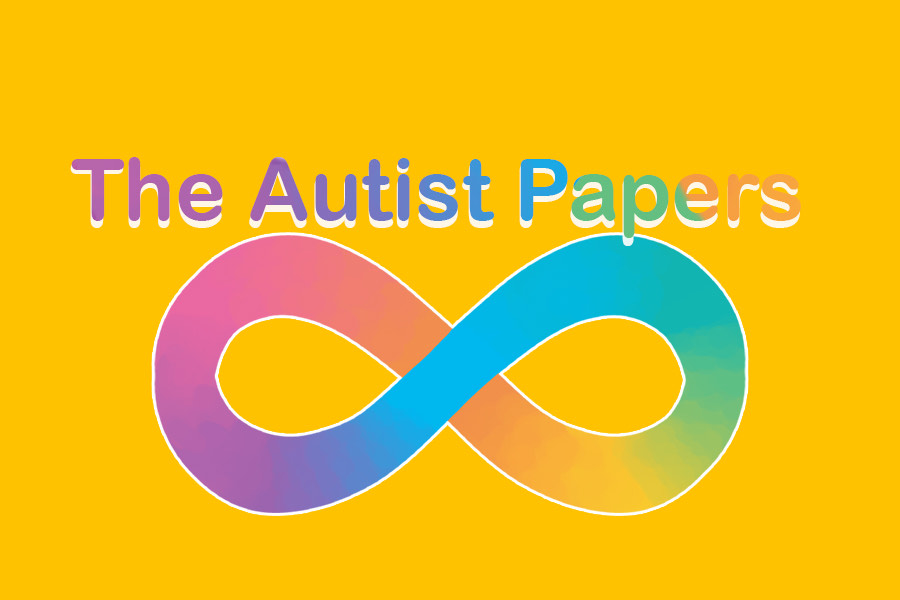Autism Speaks is a controversial organization that claims to want autistic people to reach their “full potential” — but is this truly its focus?
Many people on the autism spectrum see Autism Speaks as a threat to the autistic community, as on its website it claims to represent the community through “global awareness” and “accelerating a spectrum of solutions for tomorrow.” Think about the word “solutions” here. This implies that autism spectrum disorder is just that — a disorder or inherent problem in society that needs fixing.
Many members of the autism community, including myself, have a problem with the way that Autism Speaks thinks and operates as an organization. It essentially consists of a vast majority of neurotypical individuals on its board of directors. As diverse as the autism spectrum is, I think it is quite ironic that many of these directors for Autism Speaks are men that are not on the autism spectrum. This doesn’t provide for much diversity of thought, nor does it promote “actually autistic” voices.
Autists have protested Autism Speaks since its inception. Their protests were even more validated in 2009 after the organization released a horribly offensive commercial, titled “I am Autism,” that portrayed autism as a monster or demon that children unfortunately deal with every day of their lives. While watching the old commercial, I thought I was watching a PSA about childhood cancer, or something that was truly terrible.
I know this would never fly today, with the autistic children of that time growing up to be successful individuals within society. We now know that autism doesn’t only affect children, and it isn’t a disease that can or needs to be cured. It’s a neurotype that is lifelong, and instead of curing it or looking to find a cure, we should be more accepting of individuals with this neurotype. Autism should be celebrated, not stamped down in individuals from a young age.
I believe this is precisely what Autism Speaks aims to do: ostracize and isolate people with autism from society and “cure” them. This is an inherently hateful organization that views autism as a children’s disorder and exploits sympathy donations that most often come from parents of children with autism.
I’m so lucky that I grew up with parents that accepted my autism from day one. A common theme of children with autism is that they have parents who act like their child’s autism was the worst thing that has ever happened to them. My parents want to amplify my voice as an autistic adult through my columns, and other work, to make the neurodivergent community as visible as possible.
As for the previously mentioned phrase “actually autistic,” many people use #actuallyautistic on social media to amplify the voices of individuals with autism to protest Autism Speaks. In my work to have the autistic community be treated as equals among our neurodiverse peers, I think there is a lot anyone can do to support the #actuallyautistic community.
Think twice before you donate to Autism Speaks. If you want to donate to an organization that continues to try to find a cure for a disease that isn’t one at all, then be my guest. But please consider that Autism Speaks talks about autistic people without including them in the conversation, and it is not financially responsible.
The Autistic Self-Advocacy Network is a great example of an organization that provides support, community and public policy advocacy for people on the autism spectrum. The Autism Society of America is another great resource. These organizations, unlike Autism Speaks, are run by autistics, for autistics and are designed to be accessible and welcoming to the neurodiverse community.
There are other small things you can do to support the autistic community and protest Autism Speaks, like stopping use of the puzzle piece symbol to represent the autistic community. Although small, it is an outdated way of viewing the autistic community and is the logo for Autism Speaks. Use the rainbow infinity symbol, which symbolizes neurodiverse pride and represents this very column, an outlet to amplify #actuallyautistic voices and causes.
Liv Cushman can be reached at ocushman@umass.edu.
This content was originally published here.
